War on ISIS: Who's doing what?
Story highlights
- Several military forces are fighting ISIS
- The United States, Russia, France, Iran and the Kurds are attacking ISIS in Iraq and Syria
- The U.S. and its allies have conducted more than 8,000 strikes against ISIS
(CNN)In the wake of the Paris terror attacks, President Barack Obama took some very intense questions about whether the United States is hitting ISIS hard enough. Was it time to change strategy? He said no, that the answer was to ramp it up.
A variety of military powers are engaged against ISIS -- the United States, France, Russia, the United Kingdom -- along with several Arab nations and the Kurds, who are fighting them in northern Iraq and Syria.
Here's a look -- in graphic and videos -- at who's doing what in the fight against ISIS.
The United States and its allies
The United States and its coalition partners have targeted ISIS with 8,216 airstrikes -- 5,383 in Iraq and 2,833 in Syria, through November 16, the Pentagon says.
Through the end of October, the United States struck ISIS 5,473 times, compared with 1,574 strikes by other countries in the coalition, including Australia, Belgium, Canada, Denmark, France, Jordan, the Netherlands, the United Kingdom, Bahrain, Saudi Arabia, Turkey and the United Arab Emirates.
A majority of those coalition airstrikes -- roughly 66% -- were aimed at targets in Iraq.
Much of what we know about the ongoing coalition air war in Iraq and Syria comes from the U.S. military through its own accounting. Airstrikes are conducted through Central Command, known as CENTCOM.
It's hard to know exactly how much each nation other than the United States is contributing to the air campaign to defeat ISIS. That's because each country reports what it's doing differently and on different timetables.
The leader of the coalition, the United States, is leaving it up to each country to disclose what it wishes.
Airwars.org, a nonprofit, journalist-run organization tracking the air campaigns, details how each country is making information public.
Canada, for example, reports on every strike it carries out in Syria, Airwars notes, whereas Australia has reported monthly and does not provide information about exact targets in Iraq. At the start of the air campaign in late summer 2014, France's Operation Chammal "aimed for a fair level of transparency," Airwars said. The French defense ministry was reporting airstrikes within 24 hours and giving details about aircraft and weapons used and targets hit. France now reports weekly and target locations are rarely provided, the group said.
Nations hit back after ISIS attacks
When France hit ISIS after ISIS claimed credit for a terrorist attack that killed 130 in Paris, it made sure news reports had detailed information about French jets bombing Raqqa. France also had bombed ISIS targets even before the Paris attacks.
It was the same in Jordan in February after an ISIS video showed a captured Jordanian pilot appearing to be burned alive. State TV aired exclusive video footage of warplanes striking ISIS positions in Syria. The Jordanian armed forces said they hit and destroyed an ISIS training center and arms and ammunition depots. "This is just the beginning and you shall know who the Jordanians are," the armed forces vowed on Jordanian broadcasting.
That same month, after an ISIS video seemed to show militants beheading 21 Egyptian Christians on a Libyan beach, Egyptian warplanes staged airstrikes against ISIS targets in Libya.
In July, Turkey launched its first airstrike against ISIS after ISIS conducted a cross-border attack that killed a Turkish soldier and a suicide bombing that killed more than 30 people in the southern Turkish province of Suruc.
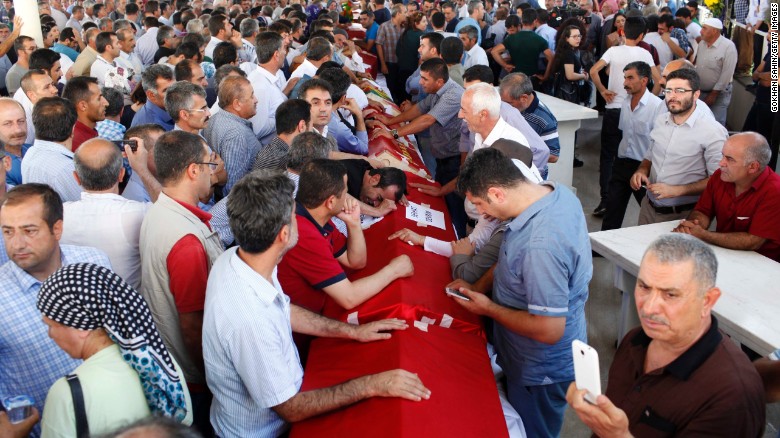
Turks mourn over coffins during a funeral for Suruc attack victims.
Russia gets involved in Syria
Russia started to launch airstrikes in Syria this fall.
It moved fighter jets, tanks, attack helicopters and other military equipment into Syria in late September and early October. The Russian Navy also started bombing targets in Syria in early October.
Russia said it was hitting ISIS targets, but the U.S. and others said many of the strikes hit rebels battling the Syrian government, a Russian ally.
On October 31, a Russian jetliner crashed in Egypt, killing 224 people. ISIS claimed credit for bombing the plane.
On Tuesday, Russia -- which is not part of the U.S.-led coalition -- bombarded Raqqa.
Are airstrikes enough?
Critics of the coalition campaign have said airstrikes are far from sufficient to defeat ISIS.
CNN's Nick Paton Walsh wrote recently that it's foolish to believe there's a clear path to defeating the group militarily.
"Airstrikes and special operations forces strikes do eventually wear down insurgencies, as we saw in Afghanistan," Paton Walsh said, adding that some Western military leaders came to see "the nightly raids against the Taliban were actually too effective, destroying the command structure and ensuring there were too few leaders left to talk to and calm down the young insurgents doing the fighting."
But the time to intervene in Syria was 2012, when there was no ISIS, and Syrian President Bashar al-Assad was not supported by Iran and Russia, he said.
"Now things are different. They just are. It's too late."
In the United States, several Republicans have criticized Obama's tactics against ISIS as ineffective, saying airstrikes alone will not defeat the terrorists.
For many months, the United States has been firm in saying there would be no troops on the ground to battle ISIS.
That posture changed at the end of October when White House spokesman Josh Earnest said the United States was set to deploy troops on the ground in Syria for the first time. The role of the fewer than 50 special operations forces will be to advise and assist rebel forces, he said. The troops will help local Kurdish and Arab forces fighting ISIS with logistics and are planning to bolster their efforts.
Some critics have argued that the United States should send significantly more ground troops to fight ISIS, a suggestion Obama has resisted.
Kurds and Iranians
Complicating the view from the ground, at least for the United States and its allies, is Iran's involvement. The country is advising militias that are fighting ISIS, but there's concern that Iranian involvement could inflame sectarian tensions, particularly in Iraq.
Iraqi security forces and Kurdish Peshmerga in northern Iraq have been fighting ISIS on the ground.
CNN has embedded with the Kurdish fighters, who have had a very tough fight made even harder because their weapons are old and they often don't have enough supplies.
Volunteer Yazidis, the minority group ISIS attacked in Iraq's Sinjar district last year, also have joined in ground combat.
The day of the Paris attacks, Kurdish forces said they had liberated Sinjar town from ISIS control after a two-day offensive.
- More Promoted Stories
More from CNN

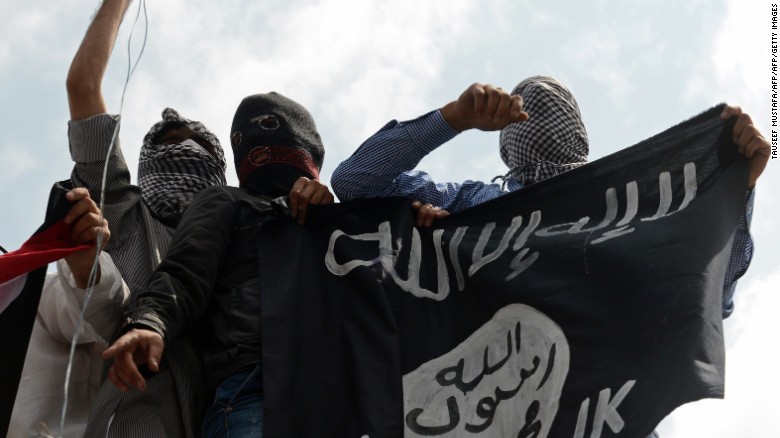
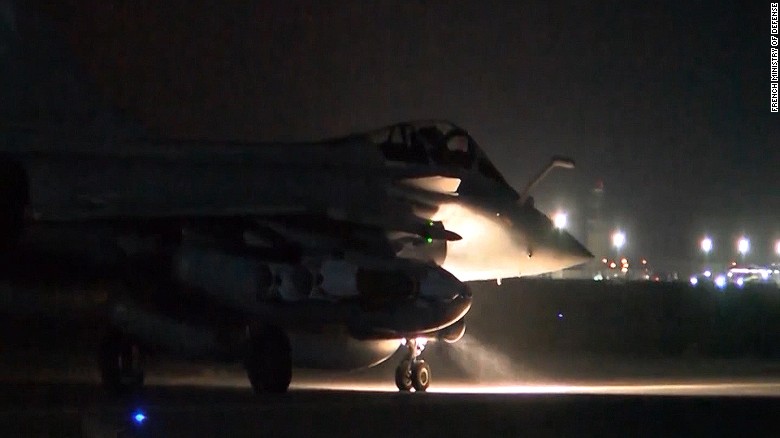
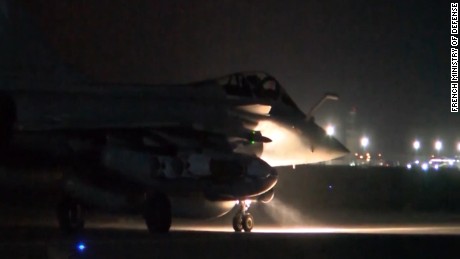
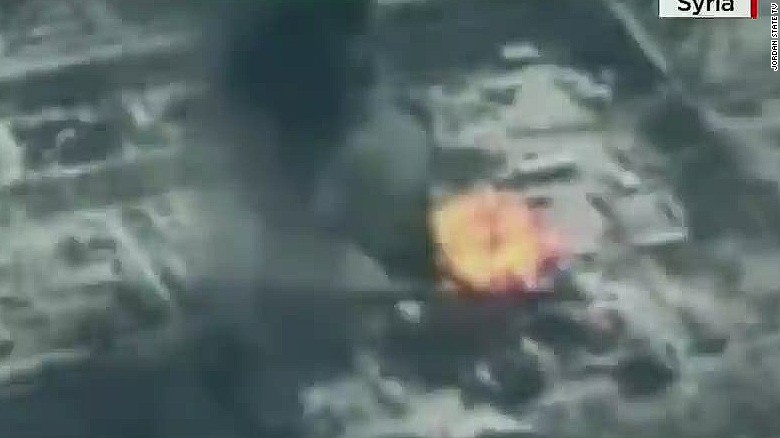
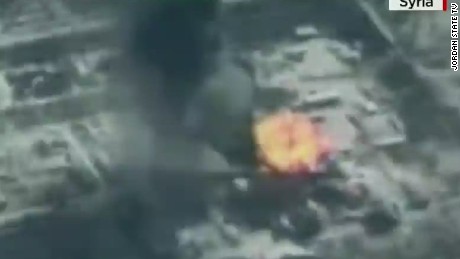
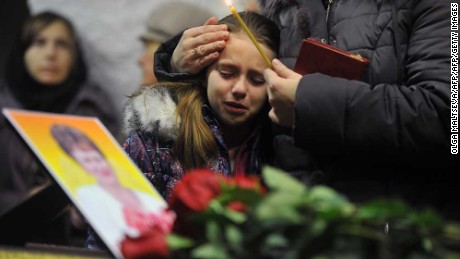
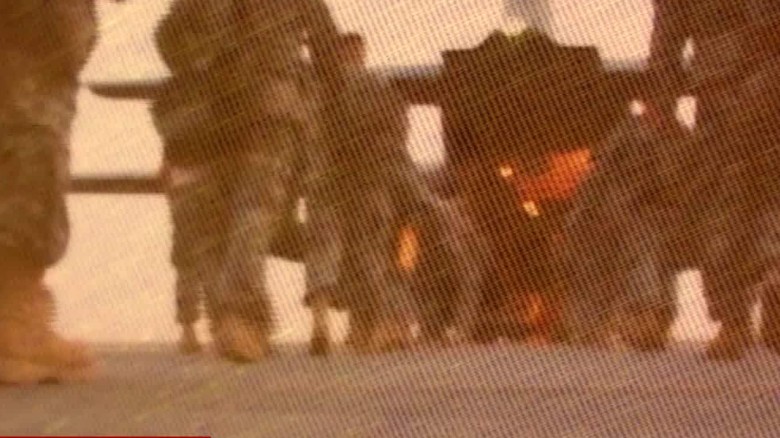
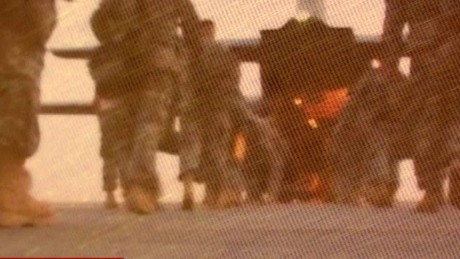
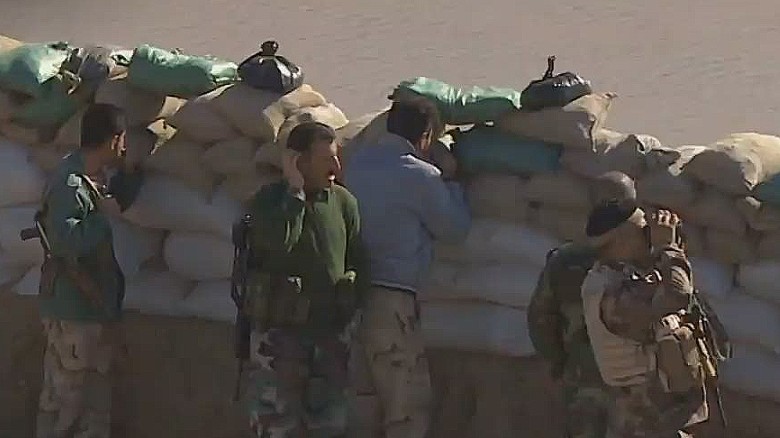
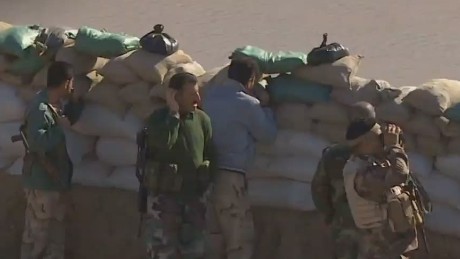






No comments:
Post a Comment
Please leave a comment-- or suggestions, particularly of topics and places you'd like to see covered